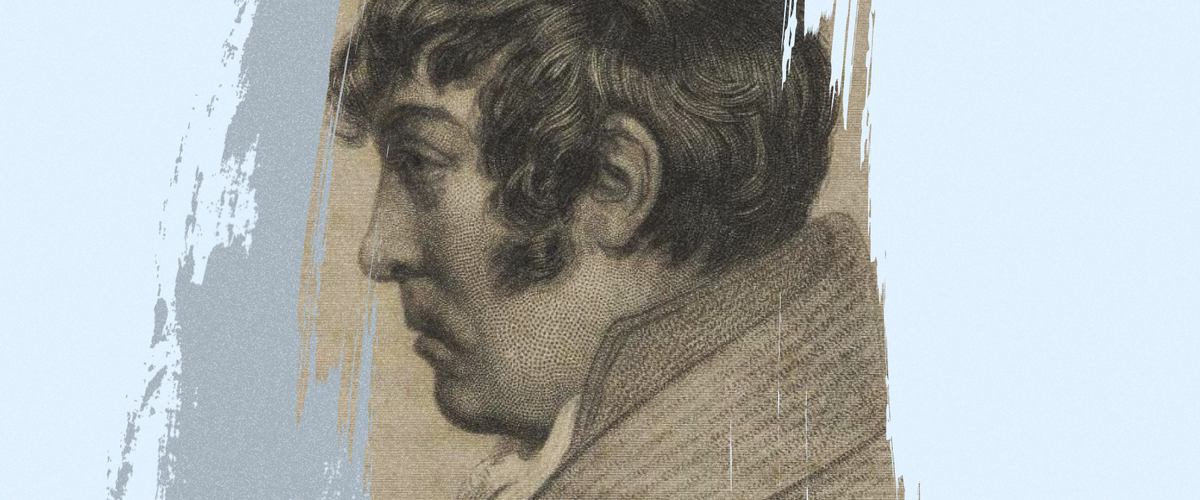Landor, “On Love, On Grief”: “A lesson in economy”
Why Walter Savage Landor’s classic epigram is a lesson in economy.
by Robert Pinsky
Here is a poem that demonstrates how much can be done in just two lines. This epigram by British poet Walter Savage Landor (1775-1864) will revive Slate‘s custom of occasionally presenting a classic in the “Poem” column.
Landor refreshes one of the great clichés—that time has wings and flies—with the observation that sometimes a wing is used not only for flying but for flicking water. With that image, Lethe, the afterworld river of forgetfulness, becomes not merely mythology but a source of actual water. That kind of deft renewal, recasting, or re-envisioning familiar expressions is one way of saying a lot with few words.
Another, more mysterious kind of economy resides in the physical, bodily sounds of language, arranged to become expressive. For example, the first three stresses in this poem fall on consonants, the fricative sounds breath makes when the upper teeth touch the lower lip: the V in love, the F in grief, and the V in every. Something similar happens with the final words of the poem: lips pursed three times for W in “water with his wing.”
Such delicate effects of sound—just as essential as the end rhyme, though less conspicuous—give Landor’s poem an inscribed quality: the essential characteristic of an epigram. Epigram comes from the Greek for “written upon,” implying something compact and memorable enough to be incised on stone or metal, an attribute traditionally embodied in the Latin epigrams of Martial. I hear a finality or clinching effect, as well as delicacy, in Landor’s patterns of like-sounding consonants and vowels. Delicacy and finality, a “sprinkling” that is also Lethal—all accomplished in just 15 words!
On love, on grief, on every human thing,
Time sprinkles Lethe’s water with his wing.
………………………………………….—Walter Savage Landor
Originally published in Slate, October 7, 2008.
